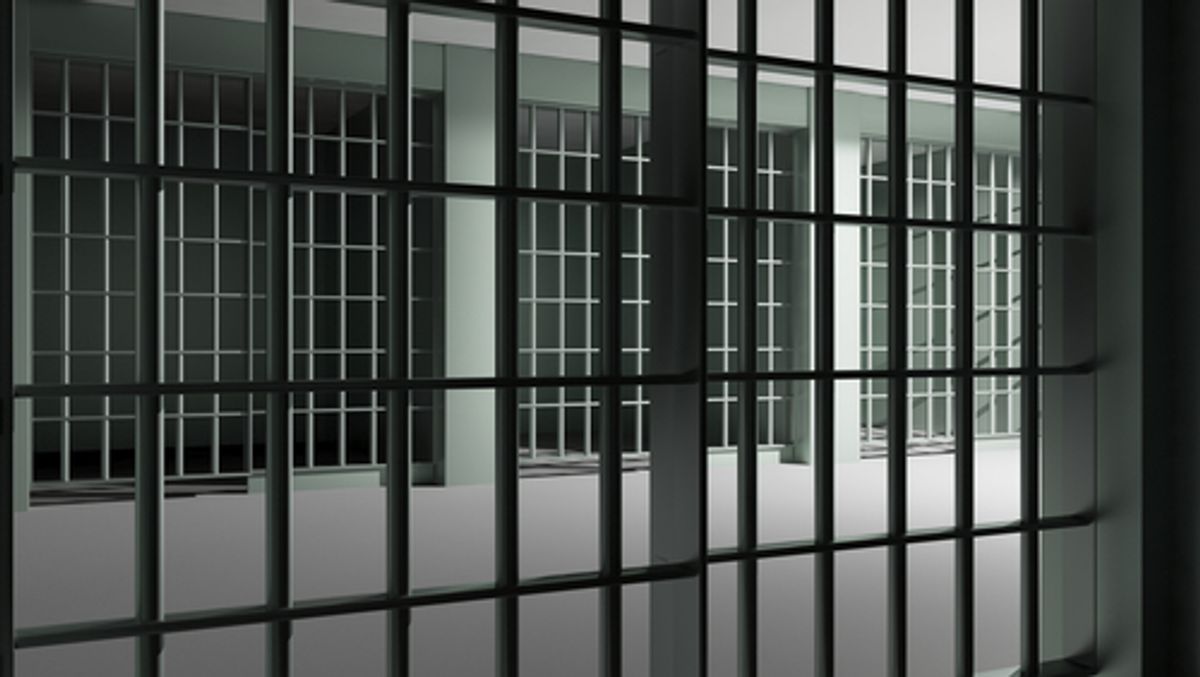A decent amount of media attention has rightly focused on the now six-month-long hunger strike at Guantánamo Bay detention center, where more than 40 detainees have been force-fed through nasal tubes (a practice decried by the international medical community as inhumane). Meanwhile, prisoners on American soil -- around 400 prisoners in the California prison system -- have been denying food as a hunger strike reaches its sixth week.
"Some have been hospitalized as their bodies, stripped of fat, now consume muscle, a point when health can be permanently damaged," reported the Guardian Friday. The strike, which has received support from the ACLU, focuses on inhumane conditions and demands relating to the over-implementation of isolation as punishment, overcrowding and access to decent medical care. Meanwhile, prison officials maintain that participation in the strike has been driven by pressure from prison gang leaders.
Al Jazeera reported on the details:
Four inmates spearheaded the strike that began on July 8 and drew participation from an estimated 29,000 prisoners.
That number has since dwindled to 346 inmates in nine prisons, according to state corrections officers.
Inmates hope the hunger strike, the largest of its kind in California history, will spotlight what they term as "cruel and inhumane" conditions in cells known as Secure Housing Units, where hundreds of inmates have been held in isolation for more than a decade, many with limited human contact.
Prisoner demands include limits on the time inmates can spend in isolation, more family visits and increased access to rehabilitation and nutritious food.
The complaints form the centrepiece of demands from prisoners and their supporters calling for general reforms to the penal system, including reduced crowding and adequate medical care.
Rights groups such as the American Civil Liberties Union (ACLU) have backed prisoner demands, saying solitary confinement is cruel and ineffective and noting that prisoners are deprived of human contact for 22-and-half hours a day.Most of California's 10,000 inmates in solitary confinement, the ACLU adds, are either mentally ill or secluded for minor infractions.

Shares